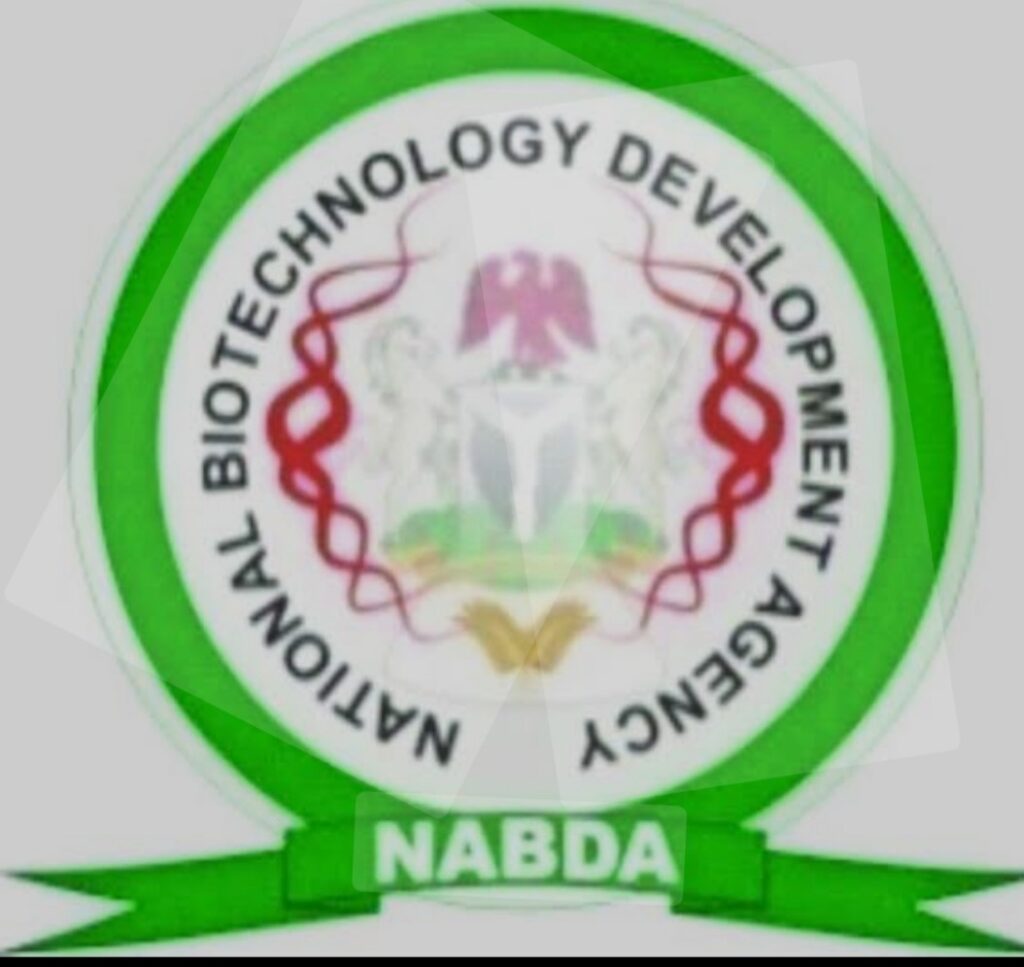
The Director-General of the National Biotechnology Development Agency (NABDA), Prof. Abdullahi Mustapha, has emphasized the critical role of science and modern biotechnology in advancing Nigeria’s agricultural sector. Speaking during a sensitization workshop for Islamic clerics in Abuja, the NABDA chief called for greater acceptance of genetically modified organisms (GMOs) as part of the country’s strategy to achieve food security and sustainable development.
Prof. Mustapha asserted that with growing climate challenges, declining productivity, and rising food demand, Nigeria must adopt science-backed innovations, including GM crops, to ensure agricultural resilience. He highlighted the economic and environmental benefits of biotechnology ranging from increased crop yields and climate adaptation to reduced pesticide use and enhanced food quality.
“Science holds the key to unlocking Nigeria’s agricultural potential. We can no longer ignore the positive impact of GMOs, especially when the seeds are locally produced and tailored to our unique farming needs,” he said.
The event, organized in collaboration with the Open Forum on Agricultural Biotechnology (OFAB), brought together faith leaders, policymakers, and scientists to address lingering misconceptions about biotechnology and strengthen public awareness.
Also speaking at the event, Dr. Rose Gidado, NABDA’s Director of Agricultural Biotechnology, noted that GM crops such as Bt cowpea, Bt maize, and herbicide-tolerant soybeans have already proven successful in Nigeria, delivering higher yields with less environmental impact.
“Modern biotechnology allows us to combat pests, reduce post-harvest losses, and increase farmer incomes all while ensuring food safety,” Dr. Gidado said. “Public education is essential to dispel fears and promote informed acceptance.”
She reaffirmed that Nigeria’s GMO seed system remains under local control, dispelling concerns about dependency on foreign seed corporations. NABDA, through public-private partnerships, is working to scale up indigenous GMO seed production and make them more accessible and affordable for smallholder farmers.
The NABDA DG urged clerics, community leaders, and lawmakers to support the ongoing campaign for science-led agriculture, which he described as vital to transforming rural livelihoods and combating hunger.
Background:
NABDA has led Nigeria’s biotechnology agenda for two decades, coordinating research and regulatory frameworks for safe and responsible deployment of GMOs. Nigeria currently permits the cultivation of several genetically engineered crops, including pest-resistant cowpea and drought-tolerant maize, under strict national biosafety laws.
